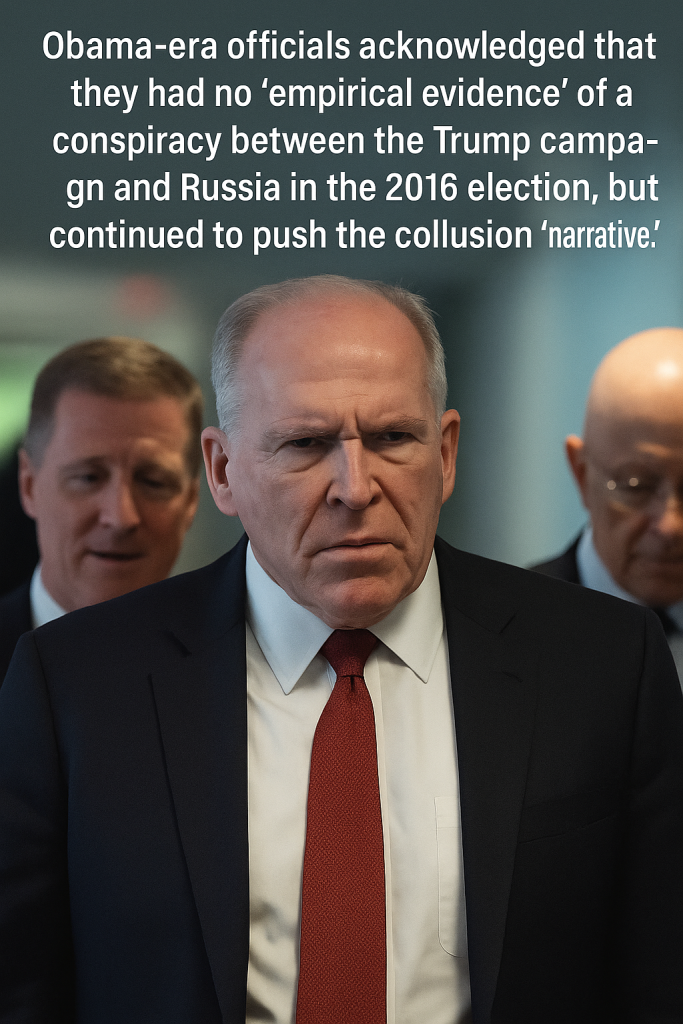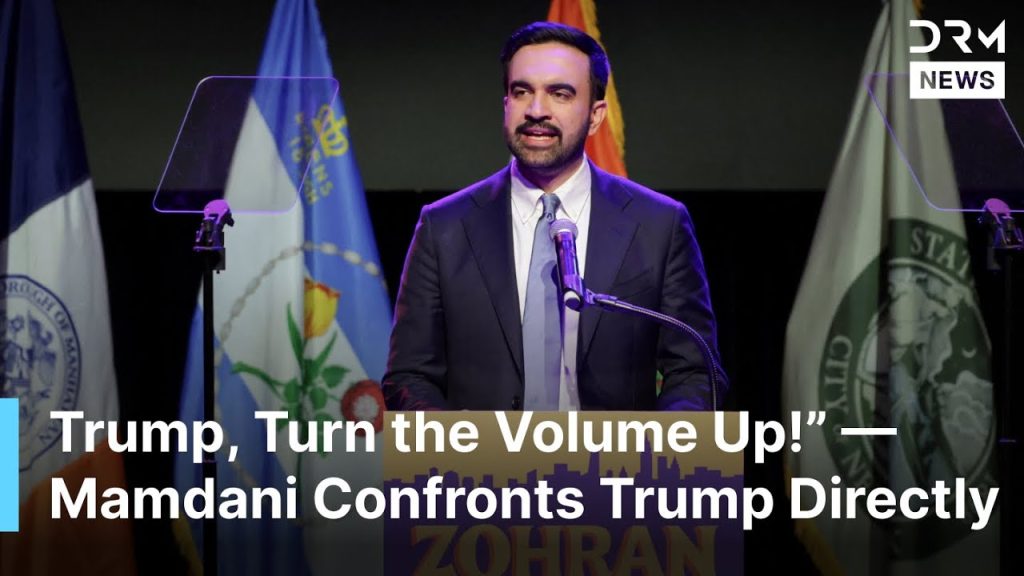Recent admissions from former officials who served during the Obama administration have revealed a striking acknowledgment: there was no empirical evidence proving a conspiracy between the Trump campaign and Russia during the 2016 presidential election. Despite this, these officials continued to promote the collusion narrative for years, stirring intense political and public debate that still resonates in 2024.
The intelligence and law enforcement agencies, operating under the Obama administration, initially investigated claims of Russian interference and potential coordination with the Trump campaign. However, new disclosures indicate that while there were concerns and ongoing investigations, the officials themselves recognized the absence of definitive, concrete evidence confirming an established conspiracy.
These revelations emerge as part of a broader reexamination of the Russia probe, which began with the FBI’s Crossfire Hurricane investigation and extended through multiple high-profile inquiries. At the time, the narrative of collusion gained traction across much of the media and political spectrum, heavily influencing public opinion and subsequent governmental actions.
Critics argue that the persistence of the collusion narrative, even without solid evidence, contributed to deep political polarization and had significant consequences for the Trump administration’s credibility and stability. The ongoing debate also fueled legislative and investigative efforts aimed at uncovering alleged wrongdoing, which some now view as having been premised on incomplete or unsubstantiated claims.
In contrast, defenders of the probe stress the importance of vigilance against foreign interference and argue that investigating potential connections—despite the lack of confirmed conspiracy—is a necessary safeguard for democratic processes. They also highlight the complexity of intelligence work, where conclusions often rest on classified information and circumstantial evidence rather than indisputable proof.
The latest disclosures underscore the challenges faced by intelligence agencies and political leaders in navigating election security concerns without inflaming partisan divisions or compromising the integrity of investigations. They illustrate how, in highly charged political environments, narratives can sometimes outpace hard facts, with lasting implications for governance and public trust.
As lawmakers and the public reflect on these developments, discussions are intensifying around oversight reforms, transparency in intelligence activities, and the protocols surrounding election interference investigations. The goal is to strike a better balance between protecting national security and ensuring fair, fact-based political discourse.
Looking ahead to the 2024 elections, these acknowledgments serve as a cautionary tale reminding citizens and officials alike that rigorous evidence must underpin any claims of foreign collusion or election interference. The episode remains a defining chapter in recent U.S. political history, one that continues to inform how intelligence agencies and elected leaders manage future threats to democratic integrity.
In essence, the Obama-era acknowledgment of no empirical evidence of Trump-Russia collusion challenges long-held assumptions and calls for a sober reassessment of how political narratives are formed and perpetuated amid high-stakes national security concerns.



